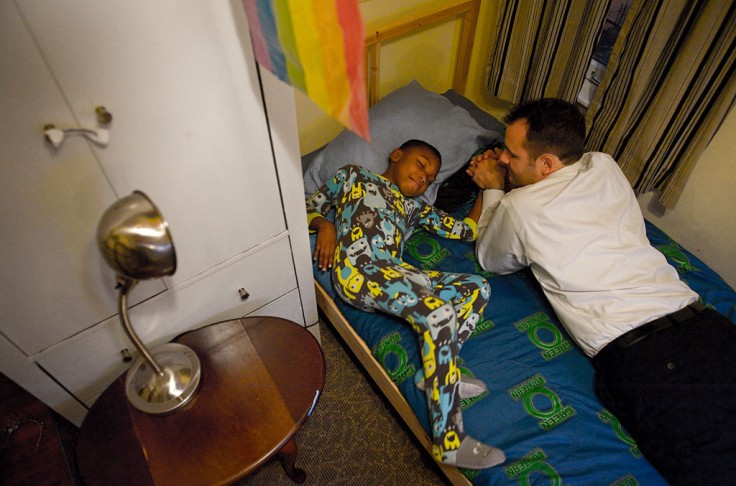
A group of children who participated in a mindfulness training study for two years was found to have gained more than an hour of extra sleep and fewer sleep problems than kids who don't practice mindfulness.
According to the experts, children who did the mindfulness training exhibited reductions in stress, improved ability to handle stress, and slept more peacefully. The researchers also noted the remarkable improvement in the kids' rapid eye movement (REM), contributing to the better quality of their sleep patterns.
Researchers from the Stanford University School of Medicine led the study among 58 primary school children and at-risk kids to see the impact of the mindfulness training introduced in some school curriculums. The results showed that those who joined the program had 74 minutes more sleep and prolonged REM sleep. Senior study author Ruth O'Hara said that the REM sleep stage is critical in developing a child's cognitive and emotional function.
What Happened in the Mindfulness Study
The experts did three evaluations of the participants from low-income families living in crowded San Francisco Bay Area neighborhoods. They were chosen because families in these communities are commonly exposed to a stressful environment.
One group of kids was tasked to do mindfulness training exercises like yoga or deep breathing at their school. Another group of children did the exercises both at school and at home. A third group in the study was not asked to do mindfulness technics.
The children in the first and second groups were also educated on stress with the yoga or mindfulness teachers imparting techniques to rest, relax and manage their feelings. However, the instructors did not tell the kids to improve their sleeping habits, such as following a regular and consistent bedtime routine.
The kids were also interviewed before the trial as well as one year after the study. The experts saw the improvements in the sleep patterns of children who did mindfulness training at school and home. The kids in this group averaged 7.5 hours of sleep every night, and those from the other group had an average of 6.6 hours of sleep. Two years after the study, the experts noted the continued improvement of the children's sleeping patterns.
"Children who reported using the techniques more often outside of class, at home, had larger gains in sleep over the time period we studied," O'Hara said.
In contrast, the study experts noted that the primary school children who never had the training lost sleep hours as they aged. O'Hara said that some kids tend to lose sleep hours because they stay late at night to do their homework or chat and talk with friends.
The study was published in the Journal of Clinical Sleep Medicine.
How Kids Can Sleep Better
Meanwhile, aside from mindfulness training, parents whose kids struggle to sleep can also help by setting a bedtime routine. It means that the children's sleep hours or wake-up time should not be off the mark by half an hour every day.
A warm bath before bedtime may also help the children relax, coupled with a bedtime story. Distractions like the TV, gadgets, and computers must be turned off or set aside one hour before going to bed.
As much as possible, parents should also avoid giving their children sugar-rich food and beverages six hours before their bedtime. Big dinners will also prevent the children from getting a good night's sleep.
Related Article: Spanking Children Worsens Bad Behavior, New Study Finds